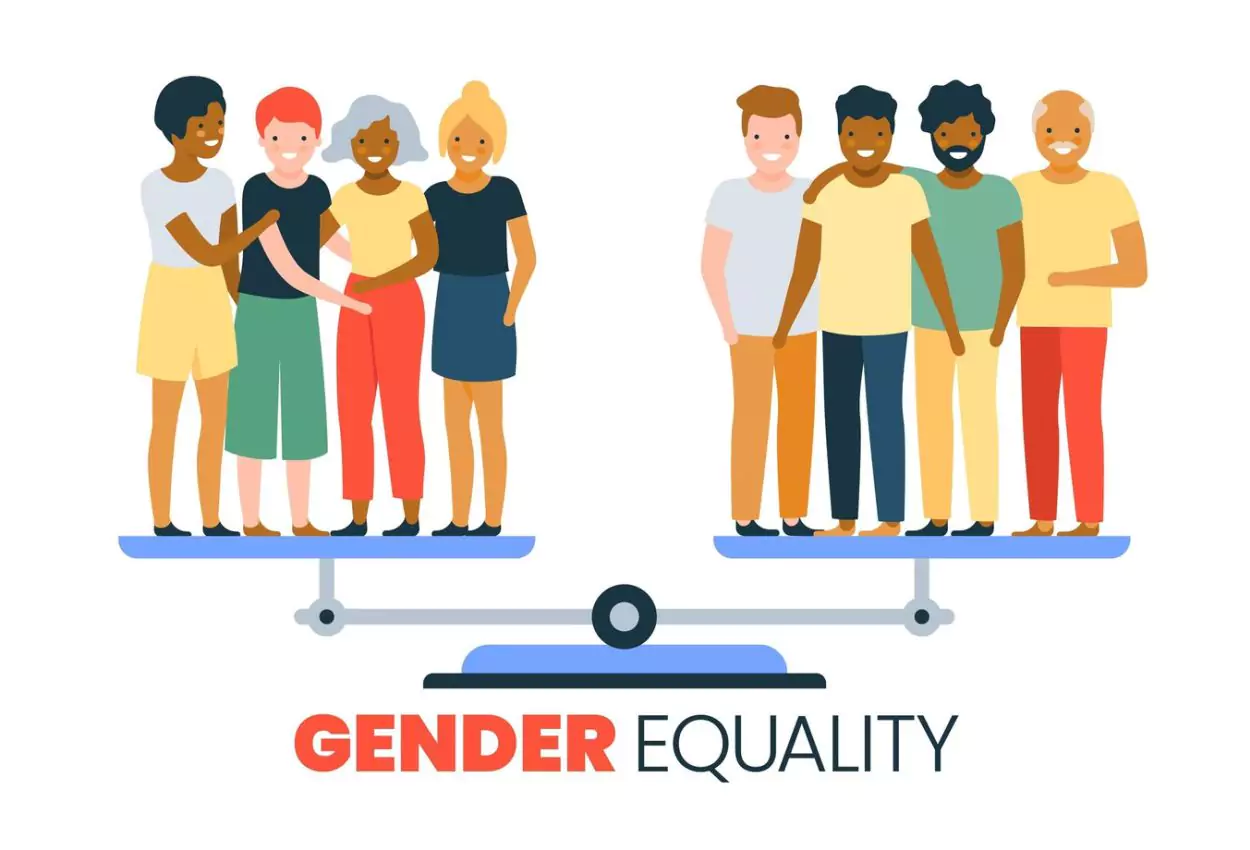The Middle East is undergoing a transformative journey, where the traditional glass ceilings that once limited women in the workforce are gradually being shattered. Gender equality, once a topic of distant aspiration, is now at the forefront of economic and cultural reforms. Across the region, businesses, governments, and societal institutions are fostering a new era of inclusion, redefining the role of women in the professional sphere and unlocking immense potential for growth and innovation.
Historical Context: A Journey Toward Equality
Historically, societal norms and legal structures in the Middle East limited women’s participation in the workforce. In many industries, leadership roles were predominantly reserved for men, leaving little room for women to ascend. However, over the past few decades, the tide has shifted dramatically. Reforms in education, labor laws, and cultural perceptions have opened doors for women to participate and excel in areas once dominated by their male counterparts.
Today, women in the Middle East are pursuing advanced degrees at unprecedented rates, particularly in STEM fields, which were previously underrepresented. This shift underscores the growing recognition that empowering women is not only a matter of equity but also a key driver of economic prosperity.
Government Reforms Driving Change
A significant factor in breaking the glass ceiling is the wave of progressive reforms introduced by Middle Eastern governments. Countries like Saudi Arabia, the United Arab Emirates, and Qatar have enacted policies that promote gender equality and encourage women’s participation in the workforce. Initiatives such as Vision 2030 in Saudi Arabia aim to increase women’s workforce participation to 30%, emphasizing inclusivity as a cornerstone of national development.
Legislative changes have also played a pivotal role. The introduction of equal pay laws, anti-discrimination measures, and maternity leave policies has provided women with a more supportive and equitable work environment. These reforms signal a shift in priorities, placing gender equality at the heart of national agendas.
Cultural Evolution: Breaking Stereotypes
Cultural change often lags behind policy reform, but the Middle East is witnessing a remarkable evolution in societal attitudes toward women in leadership. Traditional stereotypes that confined women to specific roles are being challenged by a new generation of professionals who prioritize competence over gender.
Media, education, and grassroots movements have significantly influenced this shift. Campaigns highlighting successful women in business and leadership have not only inspired future generations but also reshaped societal perceptions of what women can achieve.
The Role of Education and Mentorship
Education has been a cornerstone in empowering women and facilitating their rise in business. Universities across the Middle East are seeing an influx of female students, particularly in disciplines such as engineering, technology, and business administration. These women are entering the workforce with the skills and knowledge necessary to thrive in competitive environments.
In addition to formal education, mentorship programs are playing a critical role in breaking down barriers. Many organizations have recognized the importance of creating networks that connect aspiring women leaders with experienced professionals. These mentorships provide guidance, encouragement, and practical advice, helping women navigate challenges and seize opportunities.
Corporate Responsibility: A New Era of Leadership
The private sector has been instrumental in promoting gender equality within organizations. Companies are increasingly adopting diversity and inclusion strategies, understanding that diverse teams drive innovation and better decision-making. Many multinational corporations operating in the Middle East have introduced policies such as flexible work arrangements, leadership training for women, and gender quotas for executive roles.
Moreover, the rise of women-led businesses and startups has demonstrated the immense potential of female entrepreneurship. Women are not only participating in the workforce but also creating jobs, fostering innovation, and driving economic growth.
Challenges and Opportunities
While progress is undeniable, challenges remain. Cultural resistance, unconscious biases, and the double burden of professional and domestic responsibilities continue to impede the full realization of gender equality. Women in leadership often face scrutiny and expectations that their male counterparts do not, creating additional pressure to prove their worth.
However, these challenges present opportunities for further change. As more women ascend to leadership roles, they become role models who inspire others and challenge entrenched norms. Organizations that invest in diversity and inclusivity will likely see a competitive advantage, not just in the Middle East but on the global stage.
The Road Ahead
The path to breaking the glass ceiling in the Middle East is far from complete, but the progress made so far is a testament to the region’s resilience and capacity for change. By fostering an environment where women can thrive, the Middle East is not only addressing issues of equity but also unlocking a powerful engine of economic and social growth.
As governments, businesses, and communities continue to collaborate, the vision of a truly inclusive workforce becomes more tangible. Breaking the glass ceiling is not just about overcoming barriers—it’s about building a future where everyone, regardless of gender, has the opportunity to contribute to and benefit from the region’s prosperity.
In this new era, the Middle East is poised to set a global example of how cultural transformation and forward-thinking policies can create a more equitable and dynamic business landscape. The journey may be challenging, but the rewards of a gender-equal society are boundless, promising a brighter future for generations to come.
Read Also: The Middle East’s New Era of Business: Women at the Forefront



